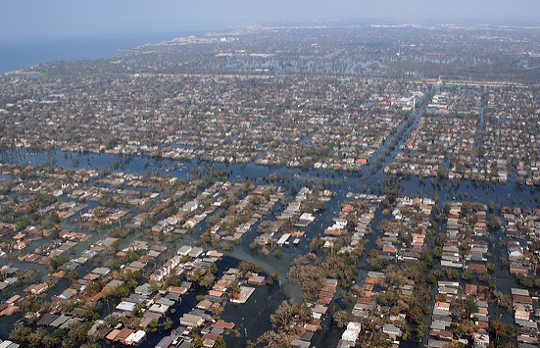
Over the last 30 years, floods have killed more than 500,000 people globally, and displaced about 650m more. In a paper published by the Centre for Economic Performance, we examined why so many people are hit by devastating floods.
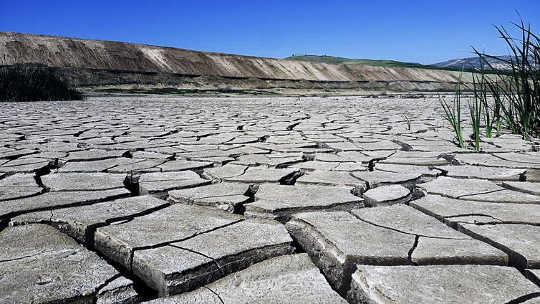
If you read or listen to almost any article about climate change, it’s likely the story refers in some way to the “2 degrees Celsius limit.” The story often mentions greatly increased risks if the climate exceeds 2°C and even “catastrophic” impacts to our world if we warm more than the target.
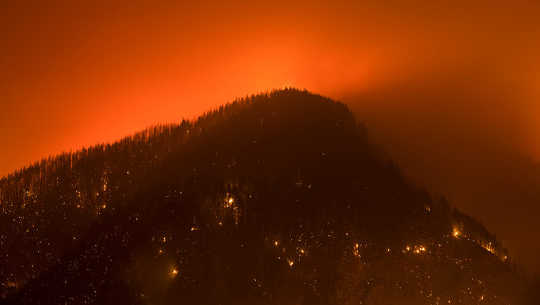 When fires, floods and other major disruptions alter natural areas, our first instinct is to restore what’s lost. But moving forward may mean leaving some treasured things behind.
When fires, floods and other major disruptions alter natural areas, our first instinct is to restore what’s lost. But moving forward may mean leaving some treasured things behind.
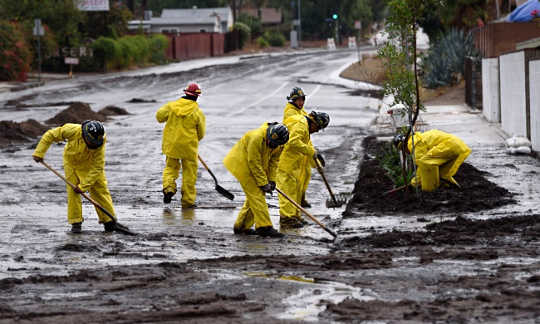
The Trump administration, and its allies in Congress, are fighting a losing war. They continue to press forward for the development of oil, gas, and coal when the rest of the world understands the implication of that folly. Global warming is the most pressing issue for our time.
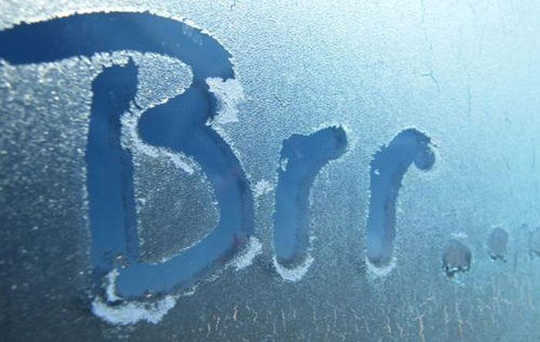
Damage from extreme weather events during 2017 racked up the biggest-ever bills for the U.S. Most of these events involved conditions that align intuitively with global warming: heat records, drought, wildfires, coastal flooding, hurricane damage and heavy rainfall.
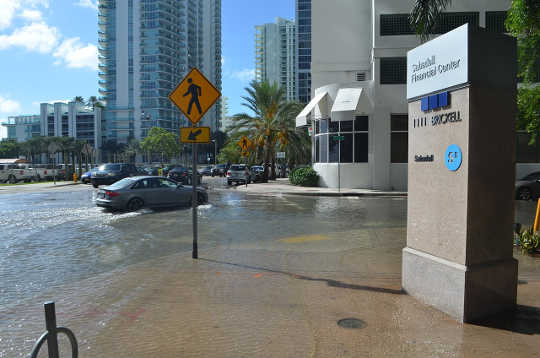 Many scientists have found evidence that climate change is amplifying the impacts of hurricanes. For example, several studies just published in December 2017 conclude that human-induced climate change made rainfall during Hurricane Harvey more intense. But climate change is not the only factor making hurricanes more damaging.
Many scientists have found evidence that climate change is amplifying the impacts of hurricanes. For example, several studies just published in December 2017 conclude that human-induced climate change made rainfall during Hurricane Harvey more intense. But climate change is not the only factor making hurricanes more damaging.
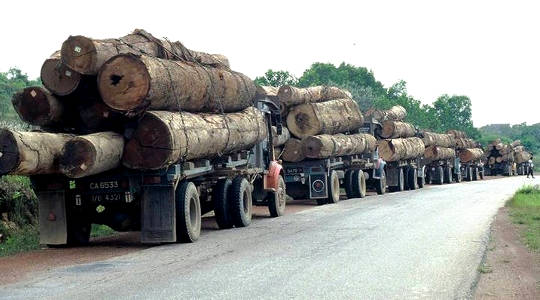 Many observers of China’s escalating global program of foreign investment and infrastructure development are crossing their fingers and hoping for the best.
Many observers of China’s escalating global program of foreign investment and infrastructure development are crossing their fingers and hoping for the best.
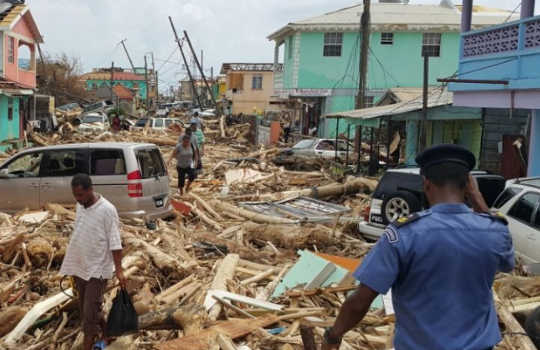 Even before this year’s devastating hurricane season, the team of demographers I work with at Penn State and the Puerto Rico Institute of Statistics had predicted that the population of Puerto Rico would decline over the next few decades.
Even before this year’s devastating hurricane season, the team of demographers I work with at Penn State and the Puerto Rico Institute of Statistics had predicted that the population of Puerto Rico would decline over the next few decades.
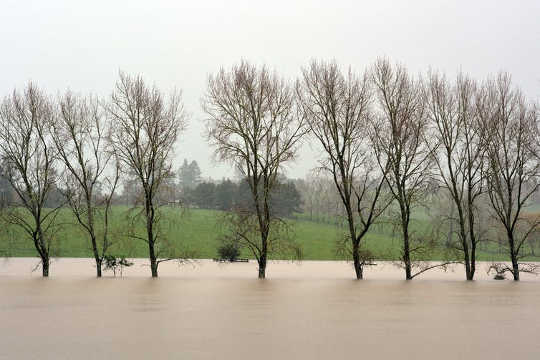 In August 2016, a third of the residents of the North Island township Havelock North fell acutely ill with gastroenteritis after their water was contaminated with campylobacter.
In August 2016, a third of the residents of the North Island township Havelock North fell acutely ill with gastroenteritis after their water was contaminated with campylobacter.
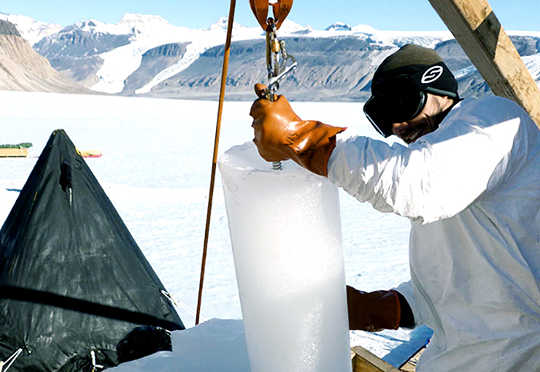 Humans are probably contributing more methane to the atmosphere through fossil fuel use and extraction than scientists previously believed, report researchers.
Humans are probably contributing more methane to the atmosphere through fossil fuel use and extraction than scientists previously believed, report researchers.
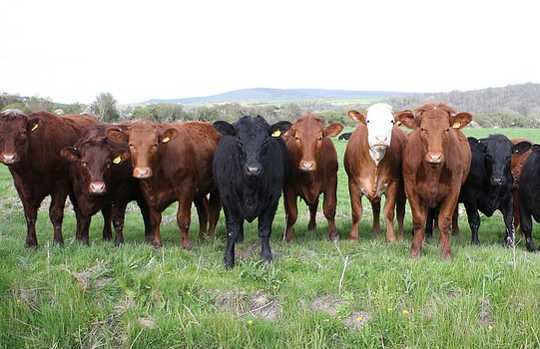 More than 95% of people still eat meat and don’t like being told that it is wrong and bad for the planet to do so. But it is now well established that meat production is responsible for a substantial proportion of human greenhouse gas emissions, not to mention issues around animal welfare.
More than 95% of people still eat meat and don’t like being told that it is wrong and bad for the planet to do so. But it is now well established that meat production is responsible for a substantial proportion of human greenhouse gas emissions, not to mention issues around animal welfare.
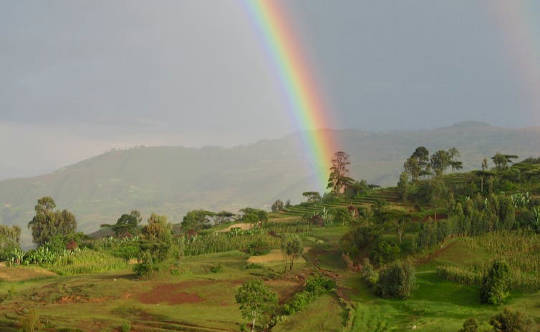 Around the globe, about 815 million people – 11 percent of the world’s population – went hungry in 2016, according to the latest data from the United Nations. This was the first increase in more than 15 years.
Around the globe, about 815 million people – 11 percent of the world’s population – went hungry in 2016, according to the latest data from the United Nations. This was the first increase in more than 15 years.
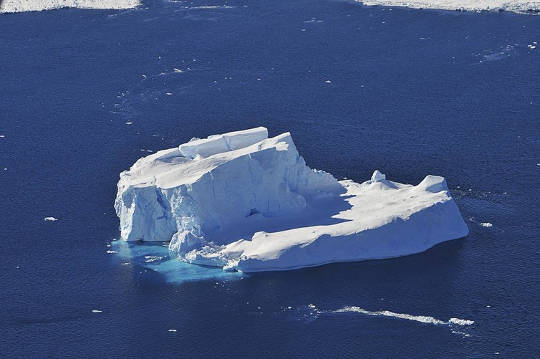 Melting of Antarctica’s ice can trigger rapid warming on the other side of the planet, according to our new research which details how just such an abrupt climate event happened 30,000 years ago, in which the North Atlantic region warmed dramatically.
Melting of Antarctica’s ice can trigger rapid warming on the other side of the planet, according to our new research which details how just such an abrupt climate event happened 30,000 years ago, in which the North Atlantic region warmed dramatically.
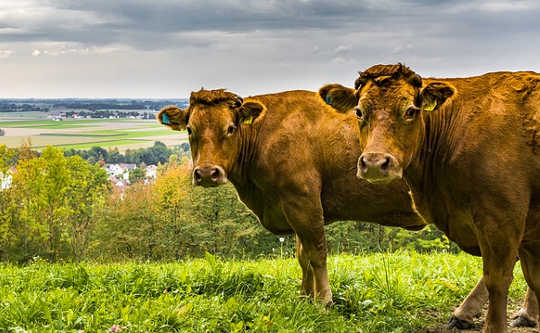 Some aspects of climate change could benefit certain forms of agriculture in the Northeastern United States, new research suggests—though the researchers caution that there are many variables in the future scenario they envision.
Some aspects of climate change could benefit certain forms of agriculture in the Northeastern United States, new research suggests—though the researchers caution that there are many variables in the future scenario they envision.
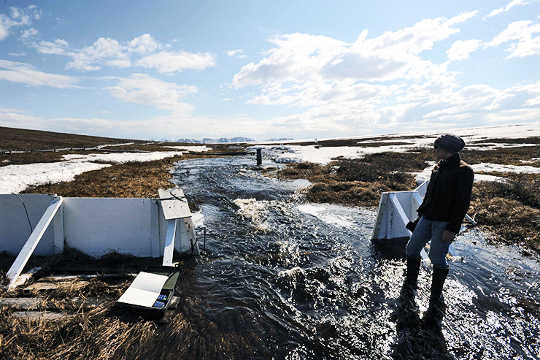
Microbes in permafrost that eat sun-weakened carbon and convert it into carbon dioxide may be providing a major pathway for the greenhouse gas to enter the atmosphere, new research suggests.
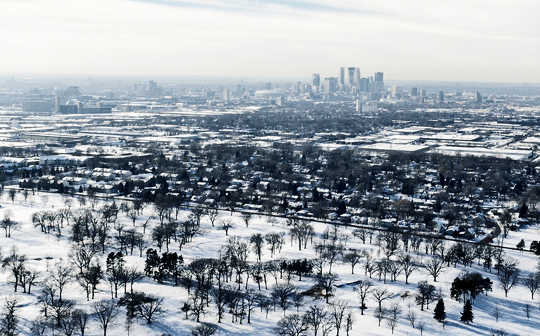 A new study outlines some of the effects that climate change will have on northern cities with cold climates, including in Europe and the North America.
A new study outlines some of the effects that climate change will have on northern cities with cold climates, including in Europe and the North America.
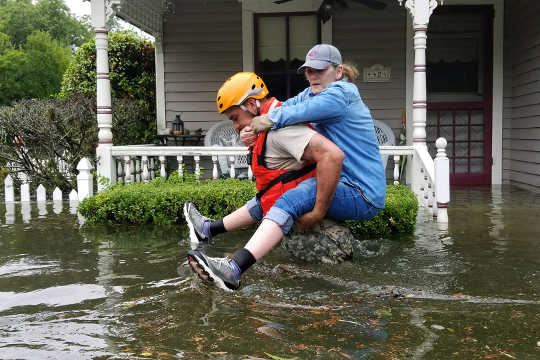 There has been no let up since Hurricane Harvey dumped record-breaking rains on the Houston area of Texas. Hurricane Irma lashed parts of the Caribbean and Cuba and devastated the Florida Keys and the state’s west coast.
There has been no let up since Hurricane Harvey dumped record-breaking rains on the Houston area of Texas. Hurricane Irma lashed parts of the Caribbean and Cuba and devastated the Florida Keys and the state’s west coast.
 What we believe and how we act don’t always stack up. Recently, in considering what it means to live in a post-truth world, I had cause to examine my understanding of how the world works and my actions on sustainability.
What we believe and how we act don’t always stack up. Recently, in considering what it means to live in a post-truth world, I had cause to examine my understanding of how the world works and my actions on sustainability.
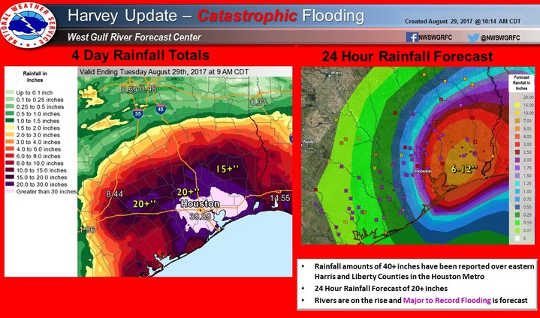 The rainfall from Harvey has now exceeded the amount from the previous record-bearer, Tropical Storm Amelia in 1978.
The rainfall from Harvey has now exceeded the amount from the previous record-bearer, Tropical Storm Amelia in 1978.
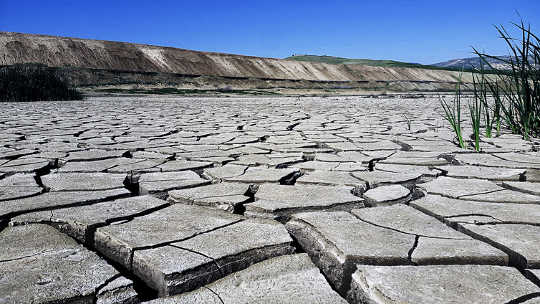 If you read or listen to almost any article about climate change, it’s likely the story refers in some way to the “2 degrees Celsius limit.”
If you read or listen to almost any article about climate change, it’s likely the story refers in some way to the “2 degrees Celsius limit.”
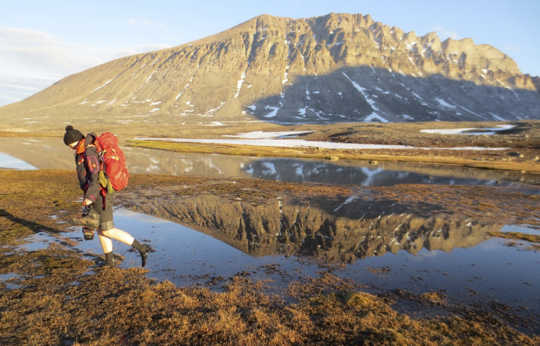 The largest wildfire ever recorded in Greenland was recently spotted close to the west coast town of Sisimiut, not far from Disko Island where I research retreating glaciers.
The largest wildfire ever recorded in Greenland was recently spotted close to the west coast town of Sisimiut, not far from Disko Island where I research retreating glaciers.
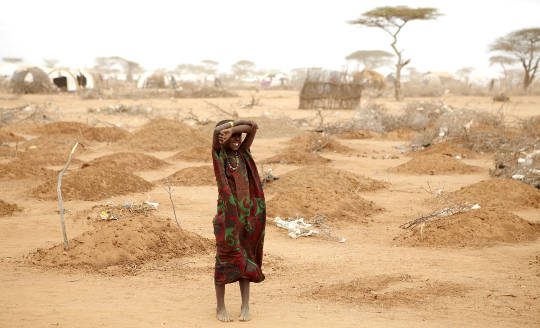 Our worry is that putting too much emphasis on the climate overlooks the role of political and socio-economic factors in determining a community’s vulnerability to environmental stress.
Our worry is that putting too much emphasis on the climate overlooks the role of political and socio-economic factors in determining a community’s vulnerability to environmental stress.
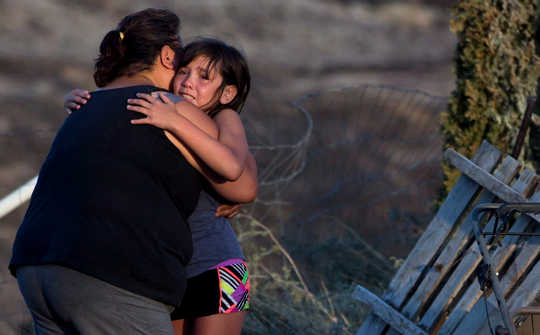 Multiple lines of evidence are now telling us a convincing story that boreal fires are changing — they are getting bigger, larger. And if this continues, there is a good chance that...
Multiple lines of evidence are now telling us a convincing story that boreal fires are changing — they are getting bigger, larger. And if this continues, there is a good chance that...















